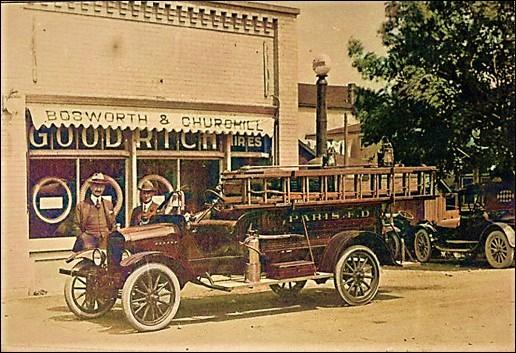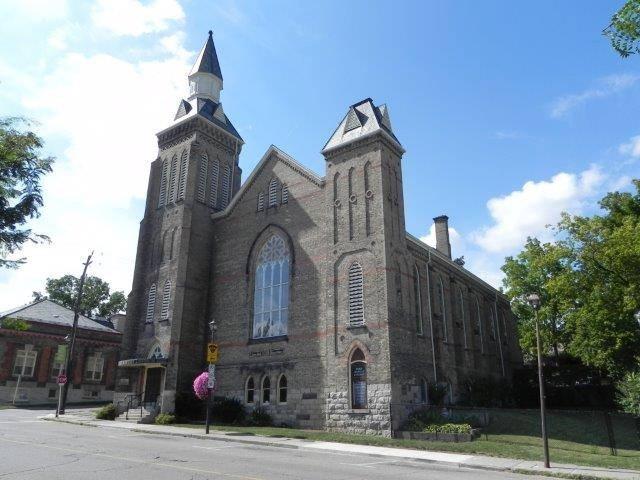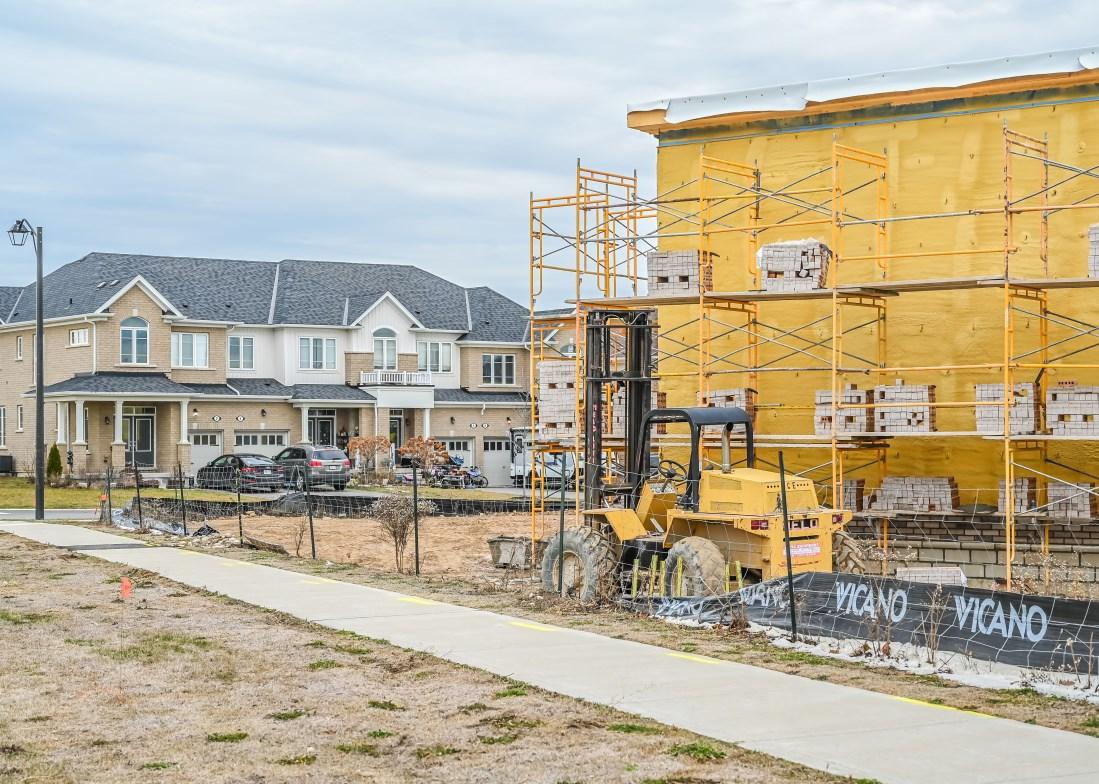
1 minute read
LOCAL HISTORY Evolution of Paris Fire Fighting continued
From 1881 to 1882 a series of unfortunate events, including a drought, caused several fires to burn out of control The first such incident happened when an exploding oil lamp caused a fire in Mrs Metcalfe's home on Banfield Street. The Junction Brigade arrived with a hand-pump but could only produce a weak stream of water. The fire continued while the brigade retreated with a few furniture items. The Hook-andLadder Brigade couldn't reach the fire due to insufficient manpower. The steamer arrived late, finding only ashes Members of both brigades were criticized for seeking excitement instead of focusing on the fire. The brigades counter-attacked vigorously. Speakers for the steamer-brigade stated that they and their comrades could not be held responsible for the non-arrival of the team of horses that usually pulled the machine The driver, they said, was not of their organization, but was responsible to the council. Moreover, speakers for both brigades, looking directly at some of their accusers, asked embarrassing questions, which went, in effect like this:
“Why blame some of us for rushing directly to the fire? And why blame others of us for being unable to push our equipment up the hill? Did you not pass us with jeers and wisecracks? And when we called for help, did you not reply: "So sorry! In a hurry! Going to the fire!"? And when we shouted, "But so are we!", did you not again reply, "Fine, we'll see you there."? In the face of this counterblast, the critics were almost silenced, and the council, after making a few recommendations, dropped the matter
Advertisement
The store of John Finlayson caught fire in August 1882. The engine arrived promptly, but the engineer was missing, and nobody knew how to operate it. After much cursing and fumbling, they managed to generate steam, but the water flow was weak and scattered. The shop burned down, prompting the council to consider buying a new steamer. However, opposition arose when a proposal to spend $6000 on the new engine was made. C. Roberts suggested a water system instead, using water from nearby springs. His arguments gained support, with some merchants and mill-owners stating they would not rebuild in Paris if their buildings burned down. They emphasized the cost of a water system compared to a new engine It was argued that the estimated cost of $30,000 would be offset by lower insurance costs and fewer loses caused by fire. After a heated debate at council that lasted until 3:00a.m. a vote was taken and 202 voted in favour of the waterworks and 75 voted against











